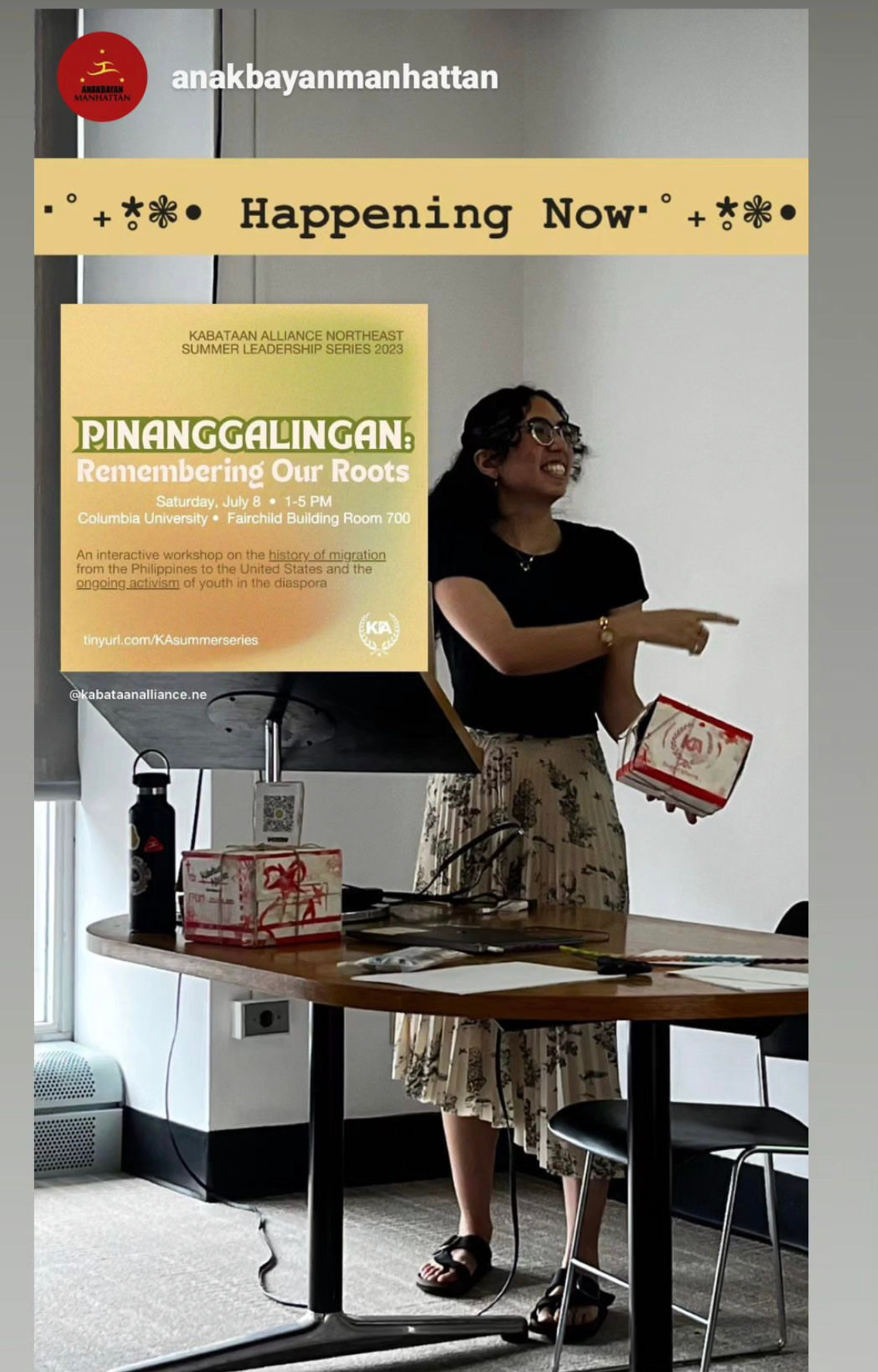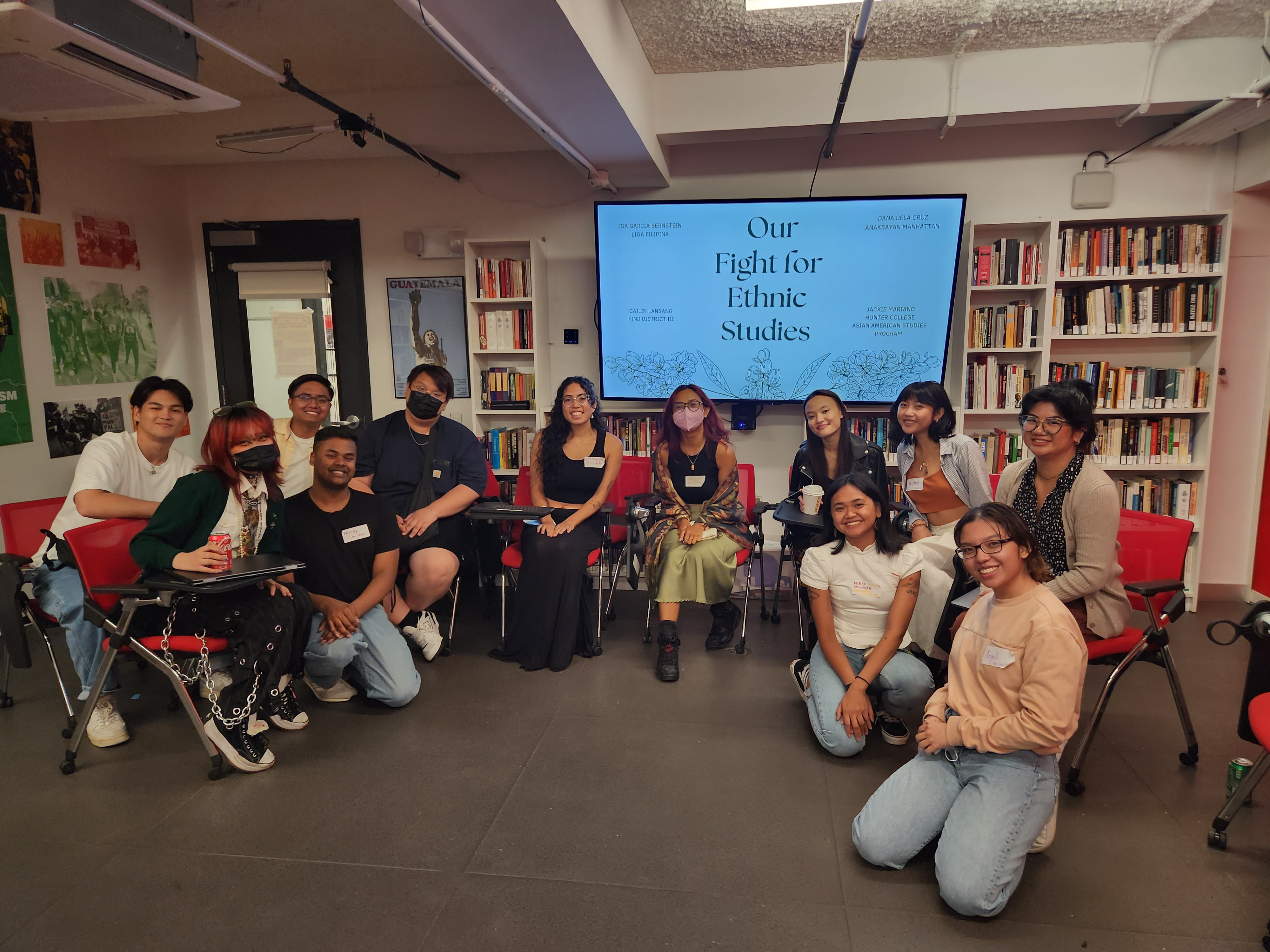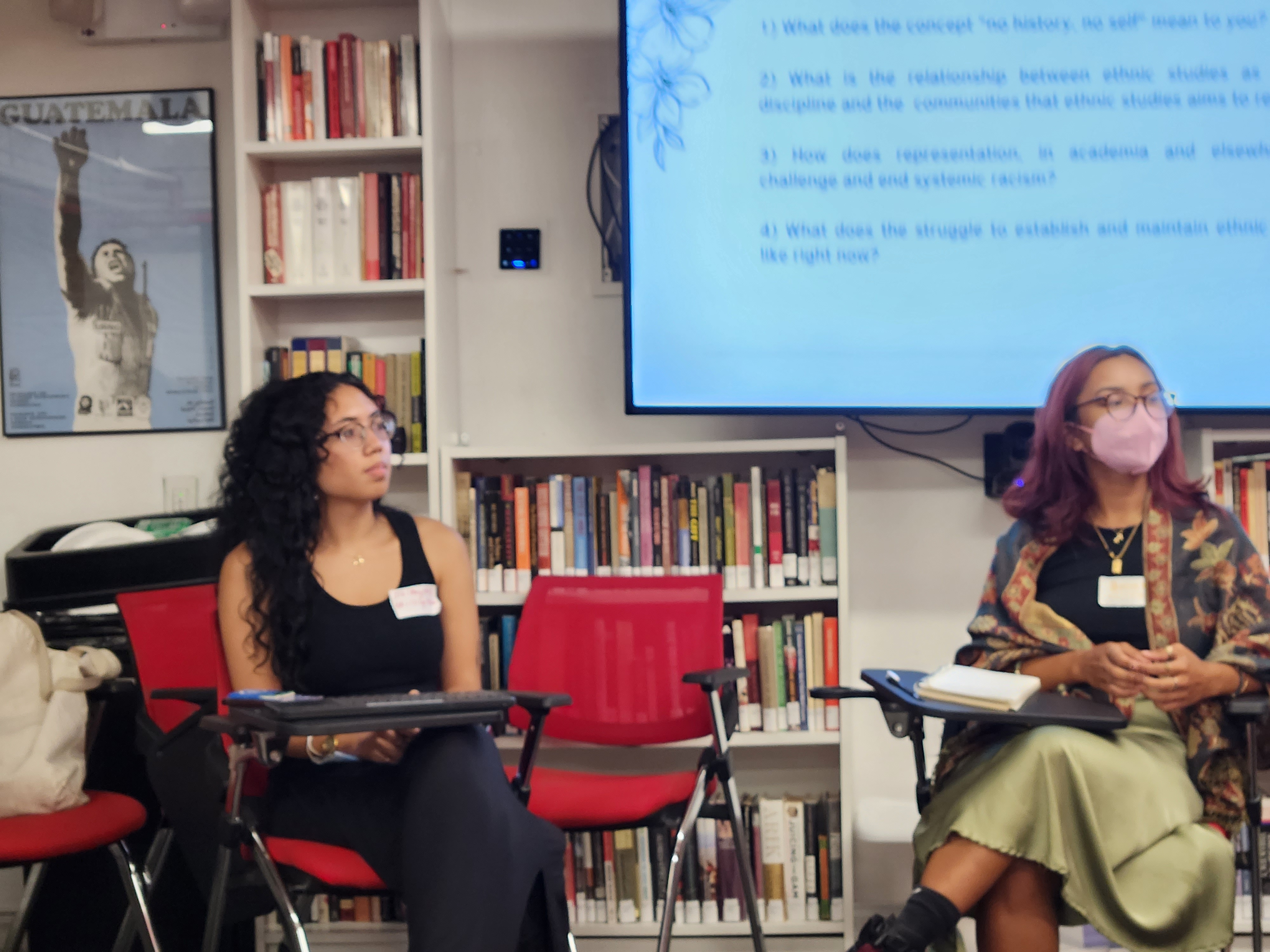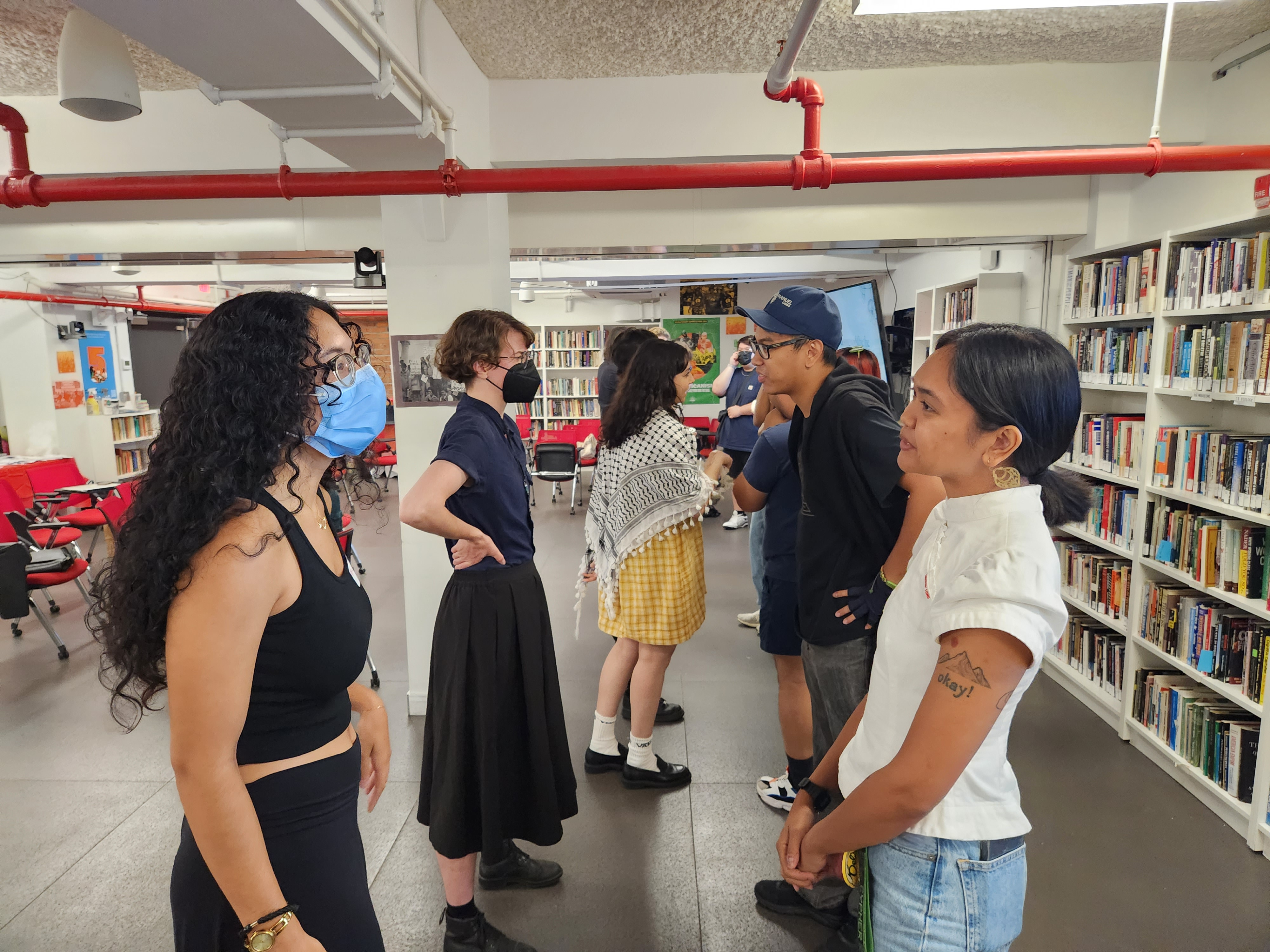Community-driven Curriculum
Education can easily be an isolating and elitist sphere. As university students, we tend to congregate with each other, exchanging ideas and reading the texts that professors assign to us. We are taught what sources are the proper ones to cite under the notion that if something is published in an academic journal, it must be accurate. However, in certain fields such as the humanities, we must be very careful. Articles that focus on human beings may not always be the most ethical. Many, especially when they are written by academics who uphold bigoted colonial beliefs, are out of touch and cause harm to the populations about which they are writing. What’s more, the scholarship produced in this type of enclosed environment does not serve the community. A paper is published, and it simply disappears into the vast realm of articles and presentations.
When I decided to create a digital curriculum, I was determined to not let my work be just another article that wouldn’t have an impact on those around me. Experiencing the gap in Philippine scholarship myself, the creation of syllabi and course materials came relatively intuitively. I knew what I wanted to learn about, which served as a great starting point. I emphasize the phrase starting point. A productive and inclusive curriculum must be community-driven. This is to say, I could not complete this massive project alone. In casual conversation, my friends would give me reading recommendations and share what they wished to see in their courses. I wrote these ideas down in the notes app of my phone and saved text chats with my colleagues to always remember why and for whom I was creating this website. What did they want to see? What experiences did they want to have?
Much of the womxn’s literature curriculum was developed thanks to topics discussed with the Kabataan Alliance, a youth and student activist organization that defends human rights both in the United States and in the Philippines. I also sought advice from Dr. Lara Saguisag, a Filipina children’s literature professor at NYU who mentored me throughout this project. With ideas coming from every which way, I was excited to go to my office at NYU every day and put the thoughts into action.
In conjunction with website creation, I also assisted in developing the Kabataan Alliance Northeast’s first ever Summer Leadership Series as a member of the leadership Secretariat. This series ultimately culminated in a youth summit at the People’s Forum in New York City. We reached out to individuals from other political activist organizations such as Anakbayan Manhattan, the Association of Filipino Scientists of America (AFSA), Pilipinos of Hunter, and Liga Filipina of Columbia University to produce each session. We held four sessions and one conference.
July 8 - Pinanggalingan: Remembering Our Roots
Discussion about Filipino migration and diaspora
July 12 - Pinapanday: Kabataan Unite! Fight for Workers’ Rights!
Discussion about the Justice4JollibeeWorkers labor campaign
July 22 - Pagyamanin: Our Right to Education
Discussion about the fight for ethnic studies and representation of Filipinos in curricula
My video presentation: https://drive.google.com/file/d/1msGdkCRo58l1x2FPxWgrnoBo_OXYuPpF/view?usp=sharing
July 26 - Pangalagaan: The Youth’s Role in Environmental Justice
Discussion about climate change and the environment in the Philippines with AFSA
August 19- Pagkakaisa: Strength in Collective Action
An all-day youth leadership summit with workshops and cultural performances
Summit slides: https://drive.google.com/file/d/1s1h_s0s_13N4lZ5WuCt-paNkcTY2G2xv/view?usp=sharing
After each and every discussion, I revised the website. Every module is based on a conversation, which I think is essential when creating a grassroots educational program like this. I am so proud to have been able to work with such motivated, intelligent, and thoughtful young individuals. Not only are they fellow scholars, but they are also my friends.





Please sign in
If you are a registered user on Laidlaw Scholars Network, please sign in